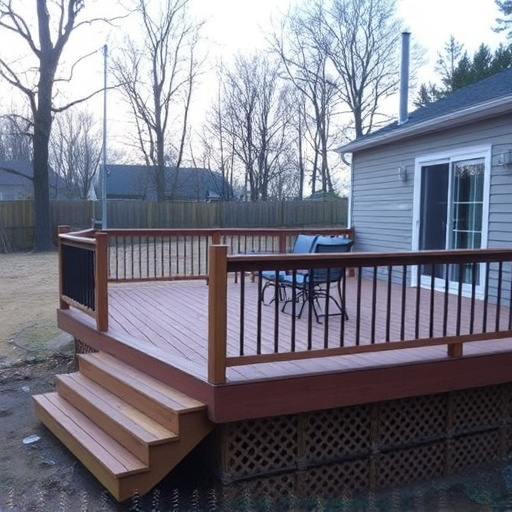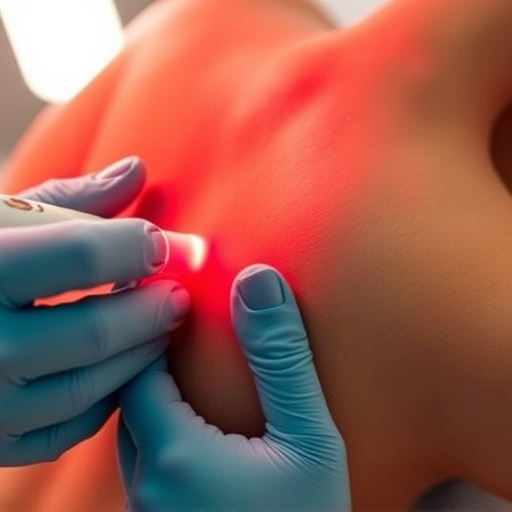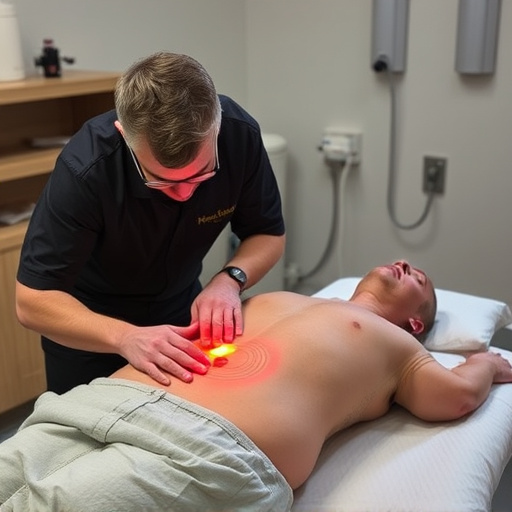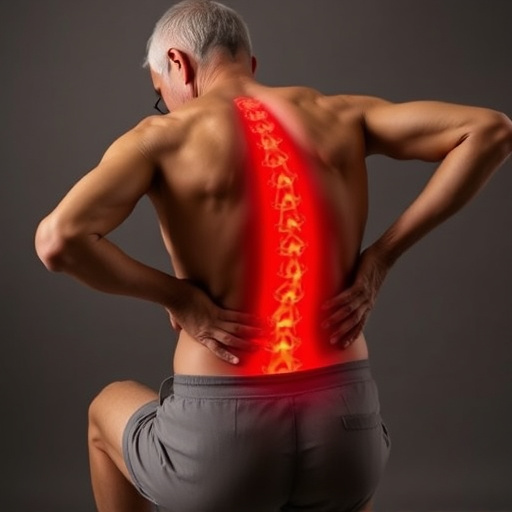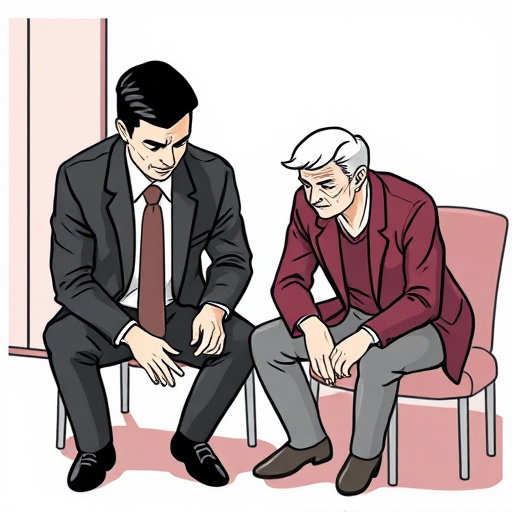Pinched nerve symptoms (pain, numbness, tingling) require prompt attention. Common causes include repetitive motions and injuries. Chiropractic care, including adjustments and physical therapy, offers non-invasive relief. Early intervention prevents long-term damage in athletes. Long-term relief involves exercise, weight management, ergonomic adjustments, and pain management techniques, with professional guidance for recurring issues.
Are you suffering from a pinched nerve? Understanding the timeline for relief is crucial for effective management. This guide delves into recognizing and diagnosing pinched nerves, exploring accelerated healing treatment options, and providing long-term management and prevention strategies. By understanding these key aspects, you can navigate your recovery journey with informed steps towards pinched nerve relief.
- Recognizing and Diagnosing Pinched Nerves
- Treatment Options for Accelerated Healing
- Long-Term Management and Prevention Strategies
Recognizing and Diagnosing Pinched Nerves

Recognizing a pinched nerve is the first step towards finding relief. This occurs when a nerve is compressed or irritated, leading to pain, numbness, or tingling sensations in the affected area. Common symptoms include weakness, difficulty moving the limb, and sharp or burning pain that can radiate to other parts of the body. A pinched nerve can be caused by various factors such as repetitive motions, poor posture, injuries, or even compression under a muscle or bone.
Diagnosing the issue accurately is crucial for effective pinched nerve relief. Patients often seek help from healthcare professionals like chiropractors who specialize in chronic pain management. Chiropractic care offers non-invasive treatments including adjustments, physical therapy, and lifestyle modifications to alleviate pressure on the affected nerves. For athletes or those with sports injuries, prompt diagnosis and treatment are essential to prevent long-term damage and aid in a faster recovery, ensuring a quicker return to active lifestyles.
Treatment Options for Accelerated Healing

When it comes to accelerating healing from a pinched nerve, there are several effective treatment options available. One popular approach is spinal adjustment, where a trained chiropractor or spine specialist applies controlled force to realign the vertebrae and relieve pressure on the affected nerves. This method can be particularly beneficial for conditions like whiplash, which often lead to pinched nerves in the neck.
Another innovative option is shockwave therapy, which uses acoustic waves to stimulate blood flow and promote tissue repair. This non-invasive treatment has shown promising results in speeding up recovery times. Additionally, physical therapy exercises tailored to strengthen supporting muscles around the affected area can aid in stabilising the spine and reducing pressure on nerves, thereby accelerating overall pinched nerve relief.
Long-Term Management and Prevention Strategies

For long-term management and prevention of pinched nerve issues, a multifaceted approach is ideal. Regular exercises focusing on core strength and flexibility can significantly reduce the risk of repeated compression. Maintaining a healthy weight to alleviate pressure on nerves is also crucial. Ergonomic adjustments at work or during leisure activities can prevent further irritation.
Functional rehabilitation techniques, including physical therapy and specialized stretching exercises, are highly effective for long-term relief. These methods target specific muscle groups to ensure proper alignment and reduce the chances of nerve compression. Additionally, incorporating pain management strategies like heat/cold therapy and massage can enhance comfort and speed up recovery. For those with recurring issues or related conditions such as sciatica or sports injuries, consulting a healthcare professional for personalized advice is essential.
Understanding the timeline for pinched nerve relief is key to effective management. By recognizing symptoms early, diagnosing the issue accurately, and employing suitable treatment options like physical therapy or injections, you can expedite healing. For long-term prevention, adopt a consistent exercise routine, maintain good posture, and avoid repetitive strain injuries. Remember, each case is unique, so consulting healthcare professionals for personalized advice on pinched nerve relief is essential.


